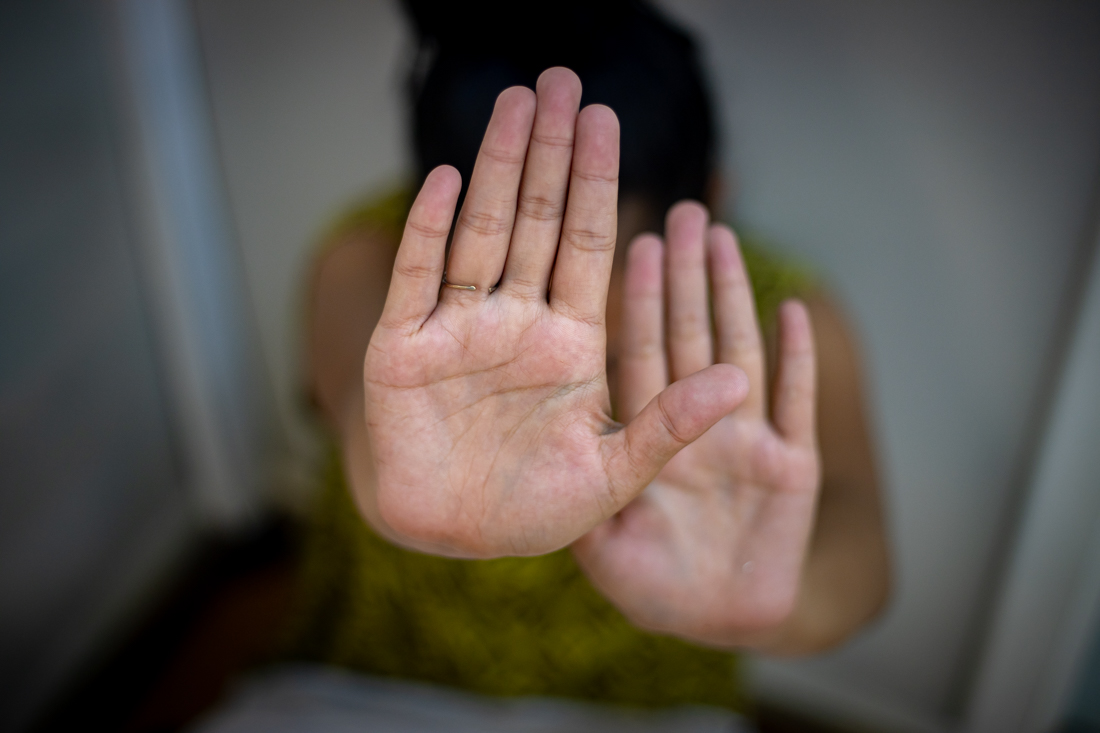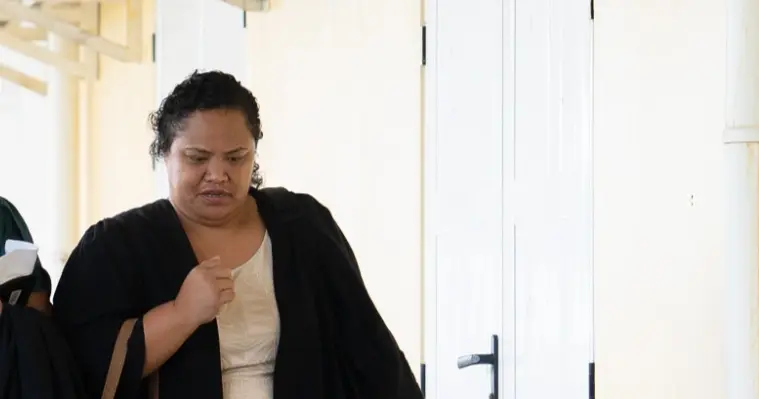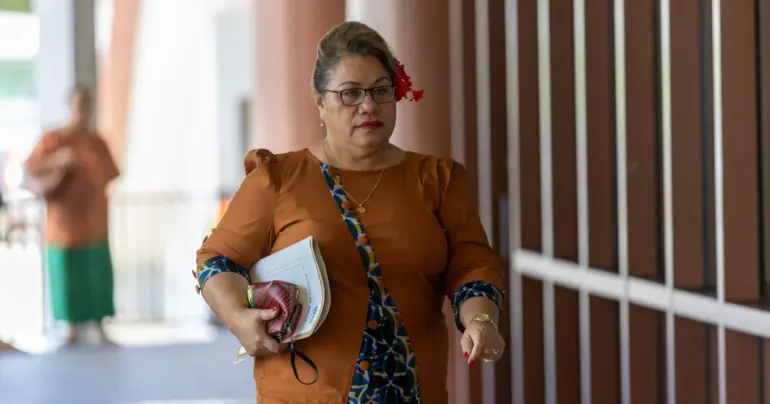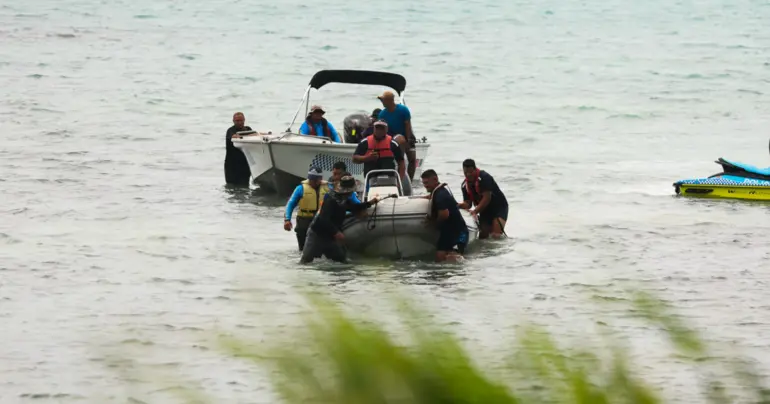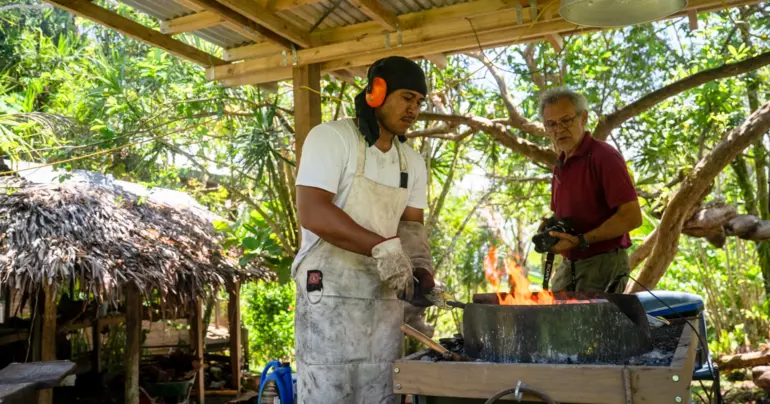Samoa features in study on violence prevention
 By Adel Fruean
•
04 July 2021, 4:00PM
By Adel Fruean
•
04 July 2021, 4:00PM
A study on developing violence preventing home-based violence in low and middle income countries has presented Samoa as a case study of a nation in the grip of a domestic violence epidemic.
The study is entitled “Decolonising violence against women research" and was published on the BMC Public Health website last month.
According to the study, the Pacific islands region has the highest prevalence of violence against women and girls in the world with 68 per cent of women experiencing physical or sexual violence in their lifetime.
“In Samoa, a recent report from the Office of the Ombudsman reported that 86 per cent of women currently experience physical violence from an intimate partner including kicking, punching and slapping,” reads the study.
In making reference to the Ombudsman report, the study said partner organisations included the Samoa Victim Support Group (S.V.S.G.), which is a non-governmental organisation established in 2005 to provide an integrated, personalised, professional service to survivors of domestic violence.
The S.V.S.G. provides training and support for village representatives across Samoa to respond to domestic violence and sexual abuse cases, reads the story.
Furthermore, the study added that the E.V.E. Project study design reflects collective thinking about how to decolonise our own research practices in violence against women and girls research.
“This is an iterative process rather than a clearly defined prescriptive procedure. Trying to address power differentials that are embedded in research practices is a constant struggle between reflection, and trial and error.
“Our study design describes how we have brought social theory and participatory approaches into our reflections about who we are as researchers and the standpoint we take to violence against women and girls prevention and response.
“We hope that this makes a welcome contribution to the field of violence against women and girls research as part of an ongoing discussion with researchers, practitioners and activists about how we can better account for and recognise Southern epistemologies.”
The aim of this research project was to establish an evidence-base for how to prevent violence against women and girls in high-prevalence settings globally (defined as settings with a prevalence of past year physical and/or sexual violence greater than the global median of 11.4 per cent).
The project has four main objectives, which are aligned with the four domains of violence against women and girls prevention research design. Each domain represents an independent phase of the project: Phase 1 ‘Developing Ethical Guidelines’; Phase 2 ‘Theory of Change’; Phase 3 ‘Outcome Measurement’; and Phase 4: ‘Intervention development’.
The research outlined the study design for the EVE Project: a formative research project implemented in partnership with community-based researchers in Samoa and Amantaní (Peru) using a participatory co-design approach to violence against women and girls prevention research.
The EVE Project is a mixed methods participatory project funded by UK Research and Innovation, which started in March 2020.
The research states that the need for community participation to be an integral part of violence against women and girls interventions is widely recognised, and the involvement of violence survivors and their communities as stakeholders and partners in research has been adopted as best practice.
“However, survivors, perpetrators, and the communities they live in, are still rarely involved in the research process itself. They may be considered valuable research participants, but are rarely thought of as potential researchers.
“As we have argued throughout this article, acknowledging Southern epistemologies in violence against women and girls research will require this integration of the people experiencing the violence into the research process.
“The experience of COVID-19 and its impacts on international research relationships has brought the need to reconsider our research practices. The pandemic has demonstrated a clear need to be adaptable and constantly reflective about the ethical challenges and power structures that may be impacted, particularly with research on sensitive topics.”
For the EVE Project, the COVID-19 pandemic has forced us to adjust our activities and give far more control over the research design to local partner organisations.
“We feel strongly that this will be beneficial to the outcomes of the project by making it more context-specific, more localised, and more grounded in Southern epistemologies. This equally provides an important lesson about the need to fundamentally shift the institutional structures that underpin global health research for the longer term.
“A more critical perspective on decolonising mainstream research methodologies may argue that research frameworks and tools should ideally be developed entirely from the ground up with local communities driving the process according to their own needs.
“In contrast to this, we have instead chosen a pragmatic approach that tries to establish a dialogue between western and non-western epistemologies, while constantly engaging in reflection about how to subvert the power dynamics this entails.
"This decision has its limitations, but we are optimistic about the possibilities it holds for drawing into question some of the widely held assumptions of violence against women and girls research, while also recognising the decades of both northern and southern activism that have gone into shaping the field of violence against women and girls research and practice over the past 20 years.”
The study's authors include Jenevieve Mannell, Laura Brown, Esther Cowley-Malcolm, Hattie Lowe & Geordan Shannon of Institute for Global Health, University College London amongst others.
 By Adel Fruean
•
04 July 2021, 4:00PM
By Adel Fruean
•
04 July 2021, 4:00PM




